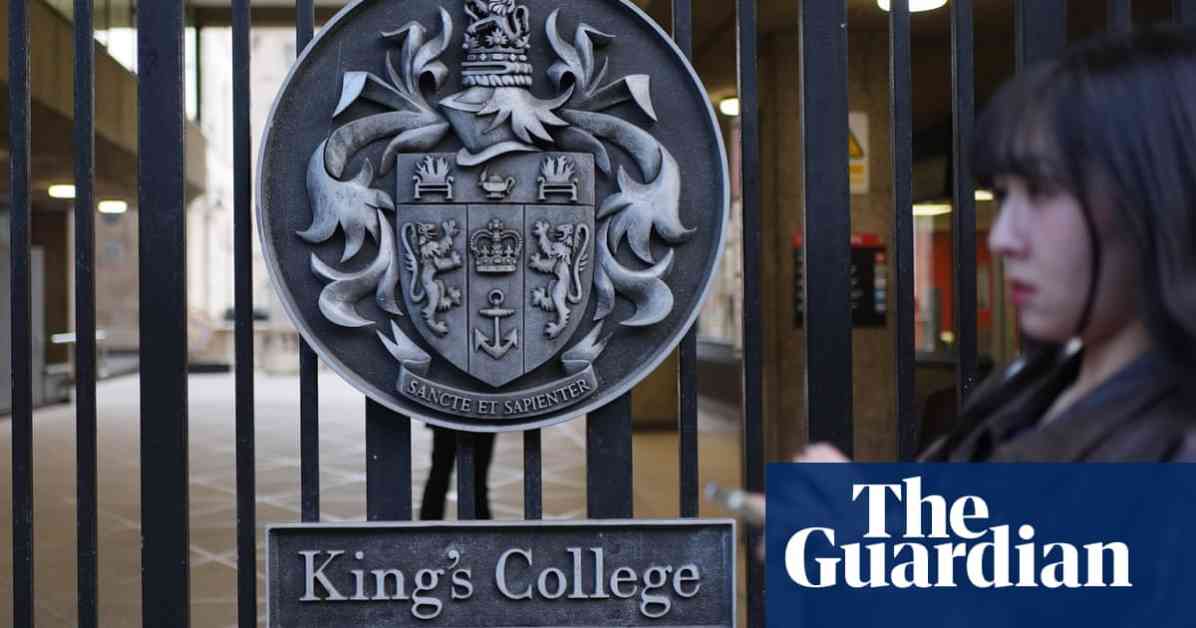It was always going to be a challenge for the Labour government to navigate the issue of tuition fees. After promising to abolish them, Keir Starmer’s team recently announced an increase just months after taking office. This decision comes in response to the growing concerns about the financial crisis facing universities in England, with some institutions facing the possibility of closure.
The decision to raise tuition fees to just over £9,500, a modest increase of £285 from the current £9,250, marks the first fee hike in eight years. This move reflects the government’s deep concerns about the state of the higher education sector. However, for many vice-chancellors, this increase is seen as insufficient. Prof Sasha Roseneil from the University of Sussex expressed disappointment, stating that these minor adjustments will not provide adequate solutions for students or universities.
Students, who are already burdened by the prospect of debt, are understandably worried about the implications of fee hikes. There is a fear that this increase may be just the beginning, with the potential for further rises in the future. This decision also serves as a point of contention for the Conservatives, who have criticized Labour for breaking promises made regarding tuition fees.
Many experts view this fee increase as a temporary solution rather than a long-term fix. Sam Freedman, a former policy adviser, highlighted the need for broader reforms to address the mounting pressure faced by young professionals due to rising living costs and stagnant income thresholds.
The current financial challenges facing universities can be traced back to the tripling of tuition fees to £9,000 in 2012. While this move initially brought a period of prosperity for universities, the subsequent freeze on domestic tuition fees has left many institutions struggling to make ends meet. Attempts to offset these financial losses by attracting more international students have been hindered by government policies on student visas.
As a result, a significant portion of universities in England are projected to run budget deficits this year, with some facing the risk of closure. The burden now falls on students to help alleviate the financial strain on their institutions. The Institute for Fiscal Studies warns that if tuition fees continue to rise in line with inflation, the cap could reach £10,680 by 2029-30.
While the increase in tuition fees may provide some relief to universities in the short term, concerns remain about the long-term impact on students. The fear is that higher fees could deter disadvantaged students from pursuing higher education. It is crucial for the government to provide clarity on its future plans regarding tuition fees to ensure stability for universities and prospective students alike.







